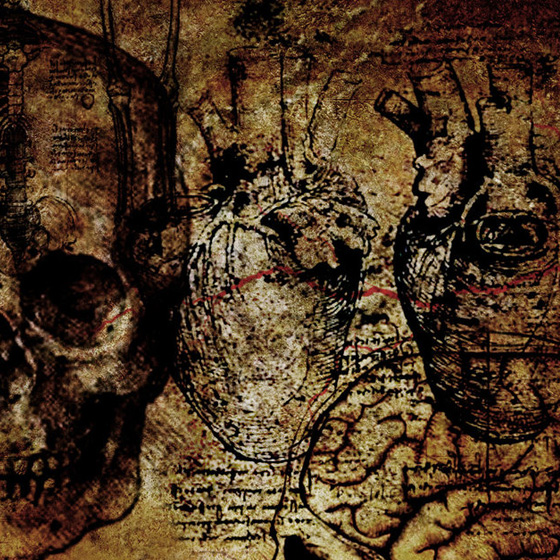Stress and Burnout Effects among Health Care Professionals

Abstract:
Introduction: In today’s world, Stress refers to a mental or emotional state, where a person encounters tension due to adverse conditions while Burnout is a condition; which results from prolonged exposure to stress. It leads to the exhaustion of mental or emotional strength. Health care professionals are expose to both of these factors on a daily basis especially since their working environment (Hospitals) are constantly changing and becoming more demanding. According to the World Health Organization (WHO), “a healthy workplace is one in which workers and managers collaborate to use a continual improvement process to protect and promote the health, safety and well-being of all workers and the sustainability of workplace.” However, despite WHO’s aim to promote and foster healthy work environments, approximately 2 million work-related deaths occurred in 2000. Recent studies focusing on the health care sector have shown that health care professionals are exposed to a variety of severe occupational stressors, such as time pressure, low social support at work, a high workload, uncertainty concerning patient treatment, and predisposition to emotional responses due to exposure to suffering and dying patients. In this sense, health care workers are at a high risk of experiencing severe distress, burnout, and both mental and physical illness. In turn, this could affect hospital outcomes, such as the quality of care provided by such institutions. Burnout another important factor that is consider to have a psychological syndrome of chronic exhaustion, cynicism, inefficacy, and is experienced as a prolonged response to chronic stressors in the workplace. In addition, Burnout in a workplace has been associated with a multiplicity of health problems, such as hypertension, gastrointestinal disorders, and sleeplessness. It has also been associated with performance related issues, demonstrating its direct impact on workplace effectiveness. With both of these factors into consideration the purpose of this study is to develop and understand a conceptual model of the impact of stress and burnout effects among health care professionals in their work environment.
Aims and objectives: To understand the effects of stress and burnout effects among health care professionals. To determine the direct effects of stress and burnout among health care professionals. Identify the knowledge that health care professionals have about stress and burnout effects.
Methods: Participants and data collection: A cross-sectional survey will be conducted. The study participants will be selected from local Hospitals. A total of 25 hospital workers (nurses and other clinical professionals) voluntarily will complete a self-administered paper questionnaire. Ethical permission: Formal approval from the local hospital committee would be seek. Measurements: The exhaustion and cynicism subscales of the Maslach Burnout Inventory-General Survey will be use to measure burnout. Participants will use a seven-point Likert scale, ranging from 0 (never) to 6 (every day), to rate the extent to which they experience exhaustion and cynicism at work (e.g., “I feel burned out from my work”)

